Why BECOME A CNA?
Exciting and challenges await as a CNA, Phlebotomy or CPR certified person. Learn more!
“CNA” stands for Certified Nursing Assistant.
There are several reasons why someone might choose to become an CNA:
- Compassion for helping others:
CNAs play a vital role in providing care and support to patients in need, making a positive impact on their lives. - Job stability:
The demand for healthcare professionals, including CNAs, remains high, ensuring a steady employment outlook. - Entry-level healthcare career:
Becoming an CNA is often a stepping stone for those interested in pursuing a career in healthcare, such as nursing or medical assisting. - Quick training and certification:
Compared to many other healthcare professions, the training to become an CNA is relatively short, allowing individuals to enter the workforce sooner. - Opportunities for growth:
With additional training and experience, CNAs can advance their careers by becoming licensed practical nurses (LPNs) or registered nurses (RNs).
CNAs typically perform tasks such as assisting with daily activities, including bathing, dressing, and grooming; monitoring vital signs; helping with mobility; providing emotional support; and maintaining a clean and safe environment for patients.
CNAs can work in various healthcare settings, such as hospitals, nursing homes, assisted living facilities, rehabilitation centers, and home healthcare agencies.
Yes, there is a high demand for CNAs due to the growing aging population and increased need for long-term care services.
Important skills for an CNA include strong communication abilities, empathy and compassion, attention to detail, physical stamina, and the ability to work well as part of a team.
Being an CNA can be rewarding in several ways:
- Making a difference: CNAs have the opportunity to positively impact the lives of patients, helping them through challenging times and improving their overall well-being.
- Personal fulfillment: The sense of fulfillment that comes from helping others and being part of a healthcare team can be incredibly rewarding.
- Career advancement: CNAs can pursue further education and training to advance their careers and explore higher-level positions in healthcare.
Some challenges of being an CNA may include:
- Physically demanding work: CNAs often have to assist patients with mobility, which can be physically strenuous.
- Emotionally demanding: Dealing with patients who are unwell or facing end-of-life situations can be emotionally challenging.
- Shift work: Many healthcare facilities require CNAs to work rotating shifts, including nights, weekends, and holidays.
By reaching out to our CNA Certification program!

